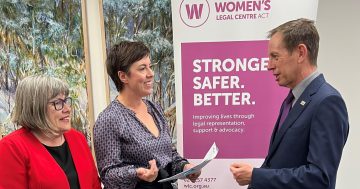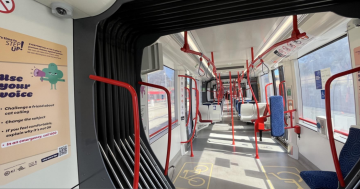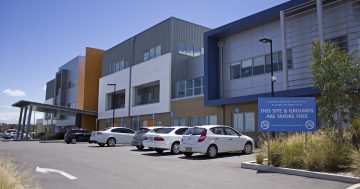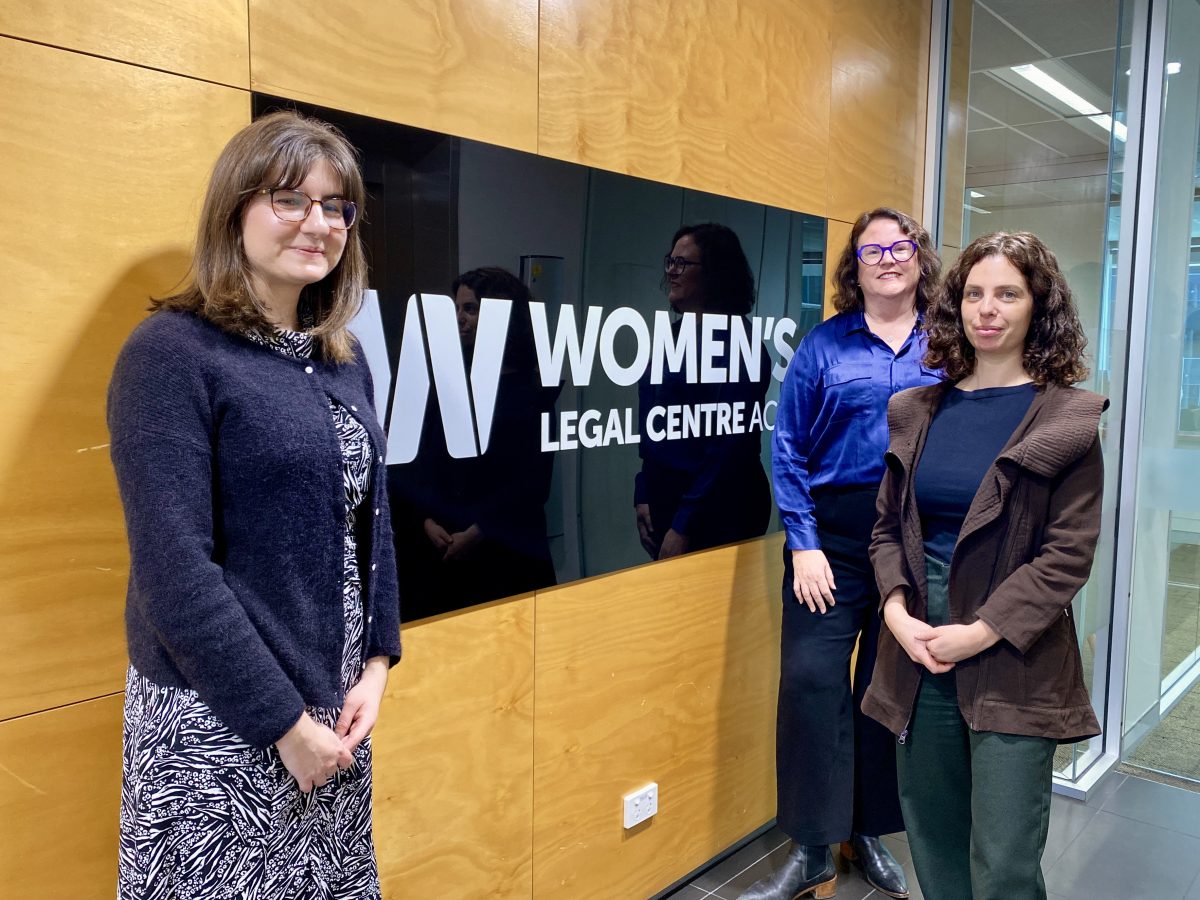
Women’s Legal Centre ACT. Ella Kelly, Susan Price and Zhenia Kavunenko (R). Photo: Lucy Ridge.
Experiencing workplace sexual harassment can often feel isolating and distressing, and it can be difficult to understand the options available. However, the Women’s Legal Centre has services to support women in situations just like this, and it provides free, confidential legal advice and support to women, non-binary people, and trans people in the ACT and surrounding regions.
Susan Price is the Head of Practice for Employment, Discrimination & Sexual Harassment at the Women’s Legal Centre. She says that there is a lack of basic understanding about what constitutes workplace harassment, how to identify it and what to do about it.
“We want to validate the experience of that woman and then give her options. It’s all about what she wants to do and what action she wants to take,” she told Region.
Zhenia Kavunenko is the Program Manager for the ACT Working Women’s Centre, a new program that the legal centre is developing to partner with unions and provide ongoing education in workplaces. She encourages any women, trans or non-binary people in the ACT who have experienced sexual harassment of any form – inside or outside the workplace – to seek the help of the centre.
“This is a safe place where you will be met with care and respect. Our services are confidential and free.”
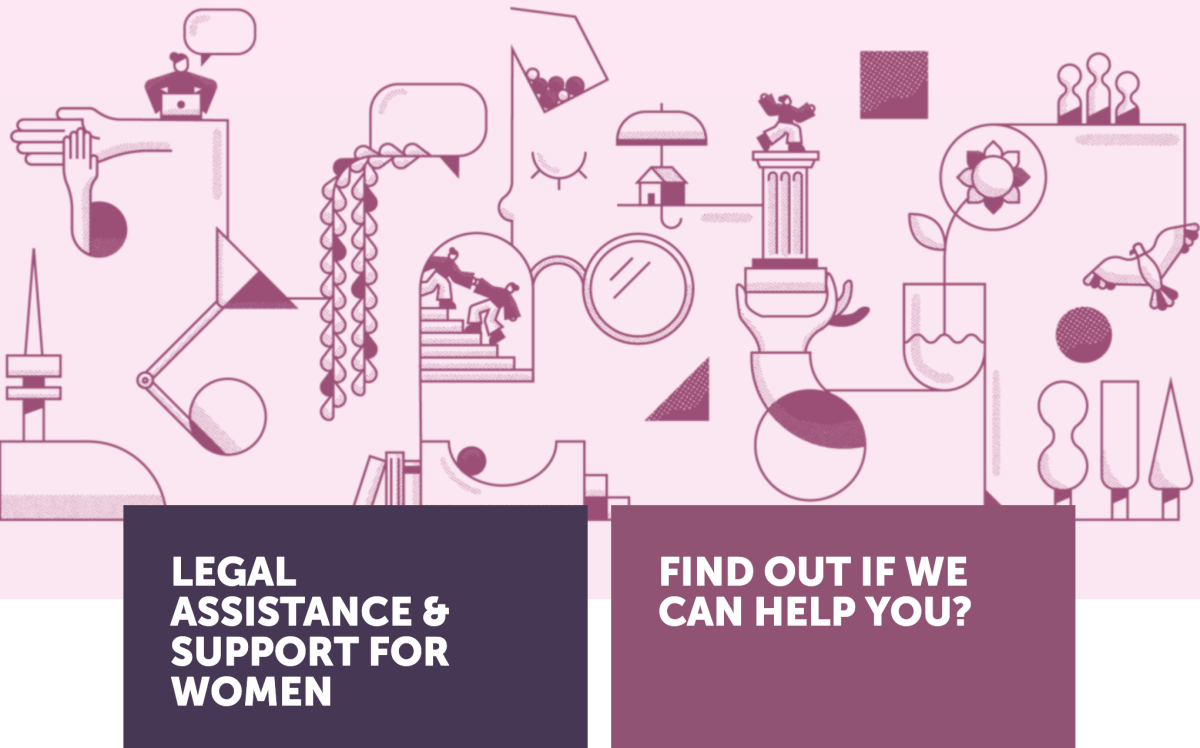
The Women’s Legal Centre ACT offers a range of services and support for women in ACT and surrounding regions. Photo: Screenshot, Women’s Legal Centre ACT website.
Managing solicitor Ella Kelly explained that there are a number of resources available.
“It’s important that people understand that contacting our services here doesn’t mean they are escalating the situation … It just can be really helpful to speak to someone. We can help women navigate internal HR processes in their workplace, we can make complaints under anti-discrimination laws, and we can also help someone make a worker’s compensation claim.”
One of the barriers to speaking up about workplace employment is concern about loss of employment and financial security, so worker’s compensation can offer women a safety net while they take time to seek help, perhaps get treatment, and consider their options. Other barriers include personal safety or cultural barriers for women of colour.
“Because Canberra is a relatively small place, there can be a real fear for people around speaking up if they want to stay in the industry,” said Ms Kelly.
The hospitality industry, in particular, has come under scrutiny after recent high-profile reports of sexual abuse and harassment in Sydney venues. The hospitality industry often has compounding issues that may create barriers for people coming forward, including underpayment, cash-in-hand agreements, and an industry-wide reliance on workers with visas whose ability to stay in the country is tied to their employer.
Ms Price says that workplaces have a positive duty of care to their employees and must be proactive in preventing harassment. This will require businesses to couple on-paper policies with strong leadership to create a positive workplace culture.
“Employers need to believe their staff when they come forward. And then consider what steps they are taking to learn from those incidents and make systemic changes to keep their employees safe,” she said.
Free resources for workplaces and employees are available via the Fair Work Commission and Respect@Work.
Get help from the Women’s Legal Centre ACT on their advice and intake line 02 6257 4377 from 9 am to 5 pm, Monday to Friday. Or fill out a Get Help form. Visit the Women’s Legal Centre ACT for more information about their services.












